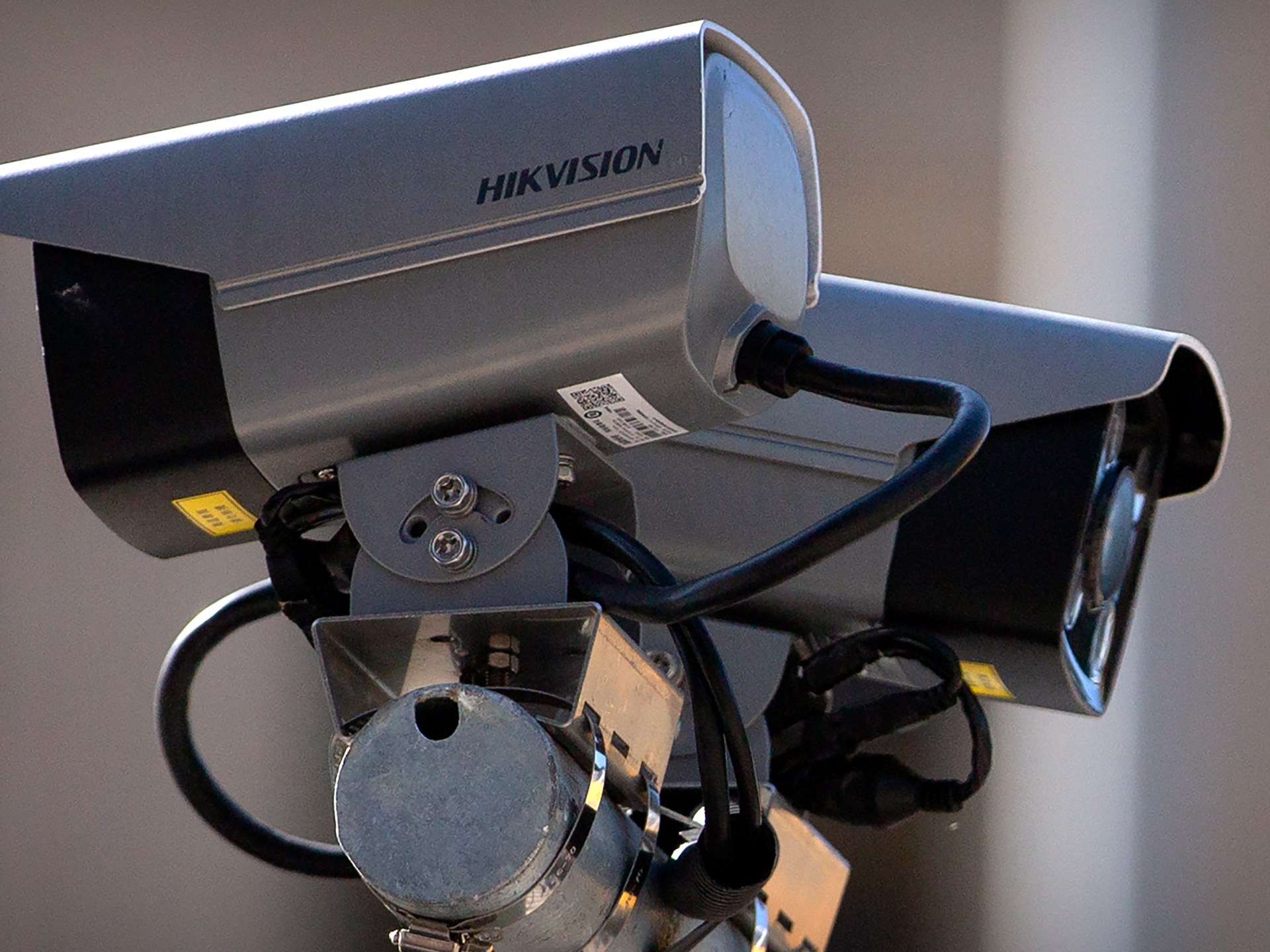After Canadian Industry Minister Melanie Joly announced last week on the social media platform X that Hikvision Canada Inc. had been ordered to stop all operations because it thought their continued operation would “inflict harm” the nation’s security, Joly made the remarks on Monday.
Departments and agencies would be prohibited from using Hikvision products, according to her statement on Friday, which did not provide specifics about the alleged threat posed by them. Additionally, the government is “conducting a review of existing properties to ensure that legacy Hikvision products are not used going forward.”
China’s Commerce Ministry reacted by accusing Ottawa of “overgeneralizing national security,” saying that “China is very disappointed.”
The statement read, “This not only undermines the legitimate rights and interests of Chinese companies, but it also tramples and damages the normal economic and trade cooperation between China and Canada,” the statement read.
China is urged to correct its unethical practices right away, it continued.
Hikvision, based in Hangzhou, is one of the top manufacturers of surveillance equipment in the world, but it has been subject to international scrutiny for its role in Beijing’s alleged human rights violations against the Uighur population’s Muslim minority.
Hikvision was listed among a 2019 blacklist of Chinese organizations that, according to the United States, were implicated in human rights violations and abuses in the Xinjiang-based government’s campaign of repression, mass arbitrary detention, and high-technology surveillance of Uighurs and other minority groups.
After Prime Minister Mark Carney won an election victory in April, the most recent disagreement poses a fresh set of challenges for China-Canada relations.
Beijing and Ottawa, whose relationship has been strained in recent years by a number of thorny issues, were reportedly ready to improve ties with Beijing, according to China in response to the election result.
Relations between Beijing and China sat on a deep freeze following the arrest of a senior Chinese telecom executive in Vancouver in December 2018 on a US warrant.
China’s accusations of interference in Canadian elections in 2019 and 2021, which Beijing has refuted, further strained relations.
Source: Aljazeera

Leave a Reply